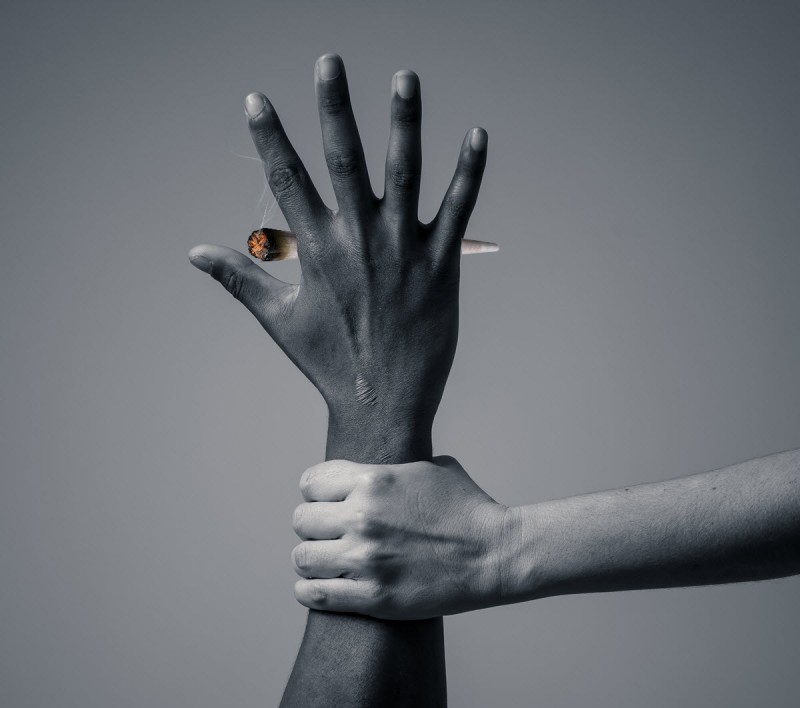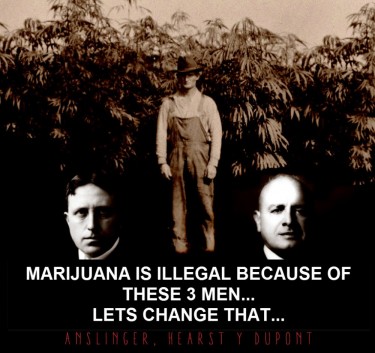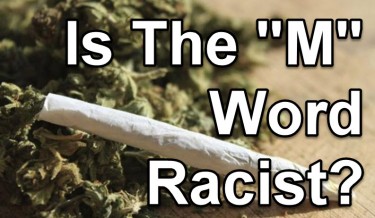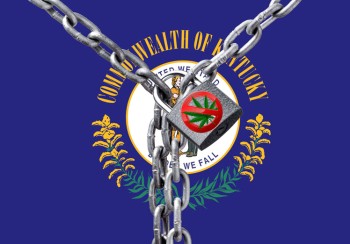Is the Cannabis Industry Racist?
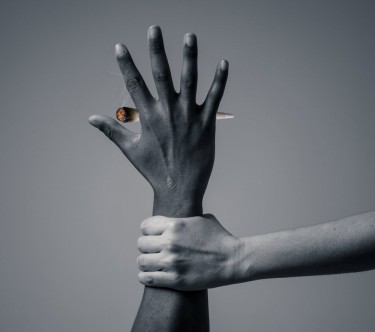
The statistics on disproportionate arrests against black people when it comes to marijuana-related crimes are nothing short of shocking. System racism plagues the industry, and cannabis crimes are just one part of it.
A recent study reveals that black individuals have a 3.6 times higher risk to be arrested for cannabis possession compared to white people within the United States, and this racial gap only continues to grow. From 2010 to 2018, this gap increased 300% in 20 counties, and in Tennessee the gap rose by 977%.
There were 49 states participating in the study, excluding Florida, and it revealed that Montana had the highest racial disparity rates. This is where black people have a 10 times higher risk to be arrested for cannabis crimes compared to whites; Kentucky, Illinois, Iowa and West Virginia weren’t too far behind and in these states black people have a 7x higher risk of being incarcerated. However, in two of these states, recreational cannabis was recently legalized so it has nothing to do with the state’s overall attitudes when it came to cannabis use.
Meanwhile, Colorado had the least racial disparity rates, followed by California and Oregon. Recreational cannabis was already legal in these states during the period of data collection.
“All too often I see suspicious police reports that justify traffic stops and detentions of black people with suspicious justifications ultimately leading to a search and seizure of their persons. It’s these kinds of suspicious justifications that I rarely see as much when the individual is white,” explained Brian Joslyn of Joslyn Law Firm. “I believe the data clearly shows that black people are being targeted by police. It would be impossible to suggest otherwise.”
Josly tells GreenState that he believes the legalization of marijuana is necessary to remove the racial prejudice that is affecting the industry now. Until it happens, law enforcement will only continue to detain and search an unfair number of black people for cannabis law violations. “What needs to occur are policy changes within the police departments that train and instruct officers to only pull over or detain individuals for well-established violations of law,” he says. “In addition, all officers should be equipped with both cruiser cams and body cams so their arrests can be reviewed and verified, and our state legislatures need to further work and protect individuals’ Fourth Amendment rights through the passage of laws that would raise the standards for law enforcement to search one’s person or property.”
Cannabis Business Opportunities Still Limited For Black People
Aside from that, black people are also struggling to make it in the cannabis industry. Back in 2017, only 4.3% of marijuana business owners were black, reported Marijuana Business Daily. Meanwhile, white people made up 81% of business owners.
But it’s a messed up situation, because while blacks are already suffering from disproportionate arrests, having any felony convictions for cannabis crimes means you will have a challenging time getting a cannabis business license in several states. For example, in California, you can’t get a license if you have a felony involving a controlled substance within the last three years. In Colorado, license applicants shouldn’t have any felonies with controlled substances within the last decade.
Another survey conducted by Marijuana Business Daily revealed that 19% of participants who founded a cannabis business and/or possess ownership stakes in cannabis businesses are composed of racial minorities. According to Jesce Horton, board chairman and co-founder of the Minority Cannabis Business Association, there’s a much smaller portion of minority cannabis business owners. “The biggest need and the biggest disparity and the biggest outrage has been the licensing process and the ability for small businesses to first get into the market, and then to survive after dealing with large taxes, huge licensing fees or all these other things that we fear are shaping up in opposition of minority entrepreneurship,” he says.
The racial wealth gap is difficult to overcome. Black business owners already have a hard time getting loans, so while they can make use of equity programs to some extent, black people who obtain licenses may end up having to partner with white firms to get the financing they need. As a result, big corporations end up dominating the space because it’s so much easier for them to raise capital and afford better attorneys.
At the end of the day, there is a huge opportunity; after all, it’s been a billion dollar business for a very long time now. In fact, black people were primarily the ones distributing cannabis decades ago, so out of everyone, they should have the biggest advantage in terms of expertise.
While there seems to be no legislation that will make policing more just, it’s up to entrepreneurs, activists, and various public entities to create campaigns making their local cannabis industries less exclusive and much more inclusive. The wealth gap that exists is because of so many systemic imbalances which are prevalent in the cannabis industry too. Some states have taken action, like Colorado’s Senate Bill 224, established in 2019 to create an accelerator program so that underfunded entrepreneurs can make use of existing cannabis facilities to jump-start their business while operating on a micro-license.
What can cannabis businesses do to tackle racial disparity?
There are solutions out there. The Black Cannabis Equity Initiative (BCEI) partnered with LightShade and MedPharm, Colorado-based businesses, to develop a report card that they can use to determine and improve the racial inclusivity in their business. They also offer an referral service for matching job candidates with businesses that have committed to employ people of color.
So there are these initiatives that exist, but it’s up to businesses to do the work and make a change for people of color.
RACISM AND MARIJUANA, READ MORE...
3 RACIST MEN TEAMED UP TO MAKE MARIJUANA ILLEGAL, READ THIS!
